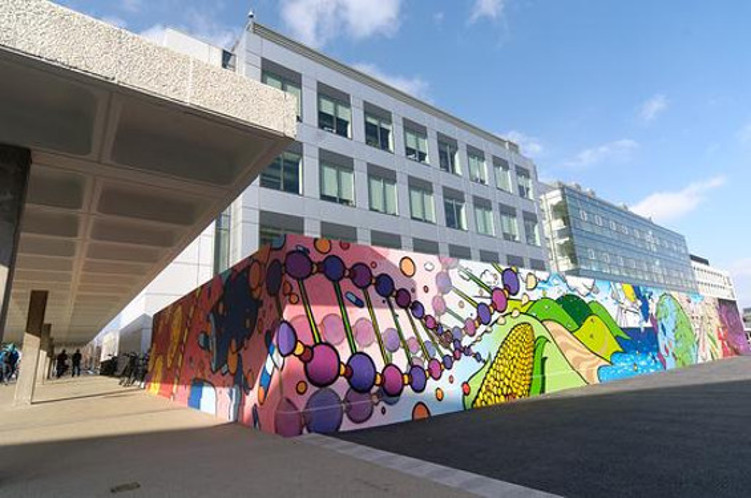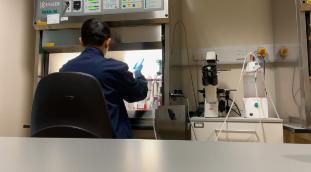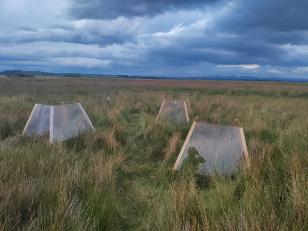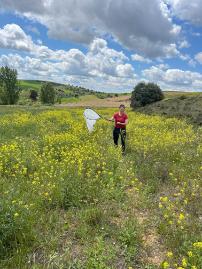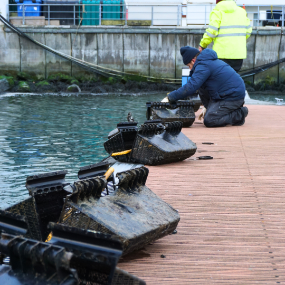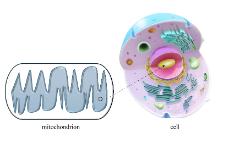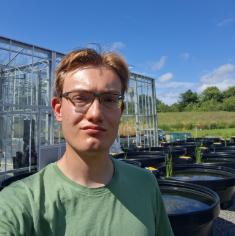Before applying for a PhD or a MSc (Research) in our School you will need to contact one of our academics who most closely matches your research area and see whether they can supervise you.
We would also recommend reading our SBES Graduate Handbook 2025-26, which contains extensive information in relation to these programmes and visiting the Graduate Studies website here.
You can find a full list of our academics with their contact details here.
Once a member of our academic staff has agreed to supervise you, they will need to submit the application form to the Graduate Administrator.
- Application Form including a copy of birth certificate or relevant pages from the candidate's passport to confirm their official name and date of birth (non UCD applicants only).
- Registration periods are at the beginning of: September, January or May.
- The School strongly recommends entering the programme in September, which is the beginning of the academic year.
- Applications should be made at least 4-5 months prior to the Registration deadline.
- Applicants will be notified of the outcome of their application following an assessment process which takes approximately 10 weeks.
Eligibility
- Applicants for research degree should normally possess a first degree of at least an upper second class honours primary degree or the equivalent and/or Master's degree or its equivalent. The requirement for a first degree may be waived in the case of post-experience modules for candidates who can demonstrate sufficient relevant work experience. In circumstances where examination results are not known at the time of application, the School of Biology and Environmental Science may make a Conditional Offer subject to receiving a complete and final transcript confirming that the applicant has met the above requirements. Notarised English translations, as well as the original transcript, should be provided where relevant giving details of all courses taken and examination marks obtained.
- Candidates whose primary language is not English, must provide a certificate of proficiency in English language (such as TOEFL, Cambridge or IELTS). Results must be less than 2 years old. Please see further details here.
You can find further details on the application process here and FAQ here.
